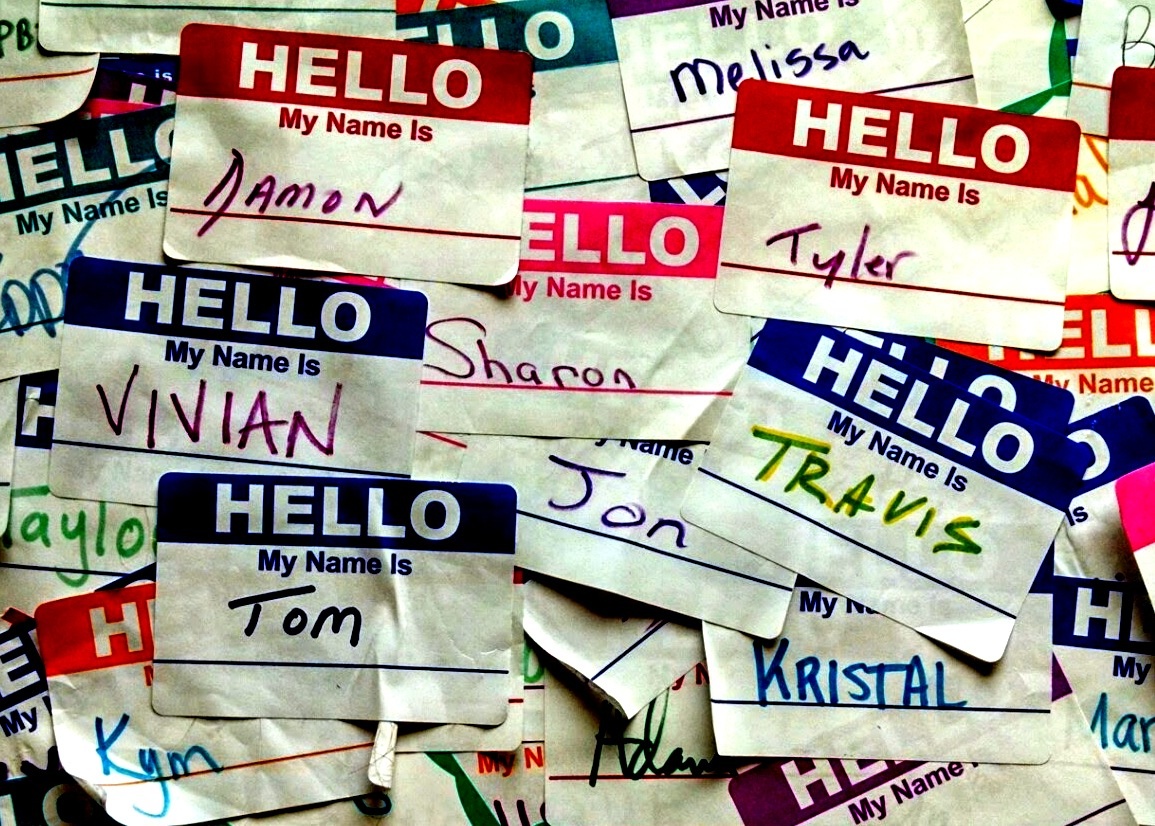
By Mae Corley ’25 (DCI Fellow)
Without knowing about the Deliberative Citizenship Initiative, I took Dr. Bullock’s American Politics class last spring. An important component of our class was participation in Deliberation Teams hosted by DCI. With the intention to learn about deliberative democracy, I joined my first group on a Sunday afternoon.
As usual, our D Team group began with introductions. We were called to express several points of our identity that might have influenced how we think or what we believe. As always, I stressed my hometown, Seattle, as the primary contributor to my opinions and beliefs. Coming to Davidson, I was reaching outside of my comfort zone in, perhaps, more ways than I realized. Not only does the state of North Carolina lean in a different direction politically, but there are many unspoken social norms and behaviors that I have found to be different and foreign to me.
In some sense, I miss the Pacific Northwest. It is beautiful, comfortable, and breeds its own type of person. Yet, I came to Davidson to find people unlike myself who could shape me into a well-rounded, liberal-arts-inspired adult. I wanted to be introduced to others who don’t share a similar identity produced from a Seattle upbringing.
While, obviously, there is much more to a D Team than introductions, I still find myself fascinated by how each person in the conversation chooses to introduce themselves. When I was a participant last year, I liked to reference each other person’s introduction when I heard their opinions and thoughts during our deliberation. How did the identity factors they chose to share correspond with the opinions they hold and what they could bring to the discussion? What did they choose to focus on when they spoke and added to our deliberation? Conversely, as a facilitator this year, how can I understand each person who has chosen to participate in my deliberation? What ultimately brought them to the discussion?
Deliberative democracy fundamentally calls for citizens to engage in discussions to understand each other, see other sides of issues, and gather a holistic perspective. While sharing identities may seem like one of the simpler parts of a D Team discussion, I believe it is the most important. Deliberative dialogue encourages participants to recognize the identities and perspectives inside of the conversation, as well as those left out and missing. By understanding the perspectives, opinions, and identities of each person in a D Team, we can create a productive deliberation in a small, intimate setting.
Through my experience as a participant and a facilitator, I have interacted with many people – most of them connected through Davidson somehow – who offer countless different experiences, identities, and perspectives. I have been excited to find where people find agreement and disagreement and how that can relate to their identities. Deliberation is important to me because I can understand my past – a Seattle upbringing fueled by the outdoors, rainy winters, and Pacific Northwest attitudes – as it can relate to my present.
Now, as a facilitator and participant of deliberative dialogues, I can see where my opinion, perspectives, and ideas originate from. I have also learned to appreciate where others are coming from, heard new ideas, and formed connections with people very different from myself. I believe that conversations with people different than you are essential, and, as always, they start with those easily overlooked but critically important introductions.
Photo above is by Travis Wise and is licensed under the Creative Commons Attribution 2.0 Generic license.
